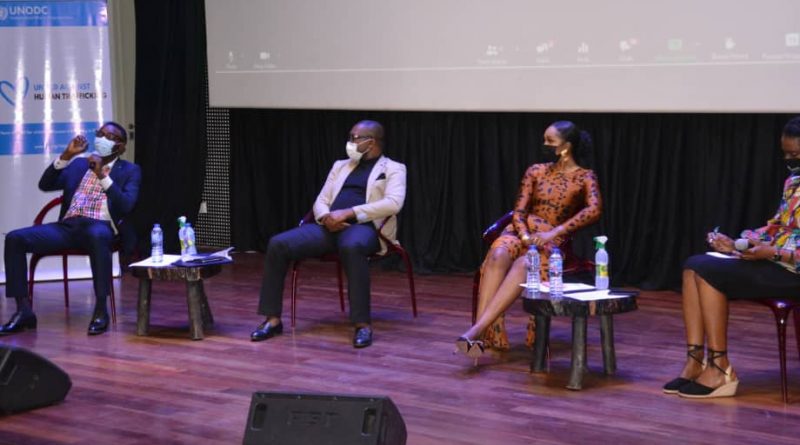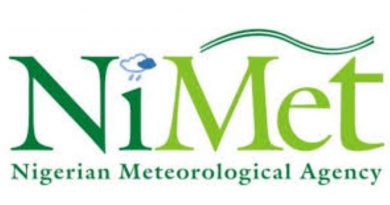ENGAGING WITH ARTISTES IN THE FIGHT AGAINST TRAFFICKING IN PERSONS IN NIGERIA
In late 2020, Netflix released Òlòtūré, a powerful movie depicting the story of a Nigerian investigative journalist who infiltrates a trafficking in persons network in order to shed light on the scope of human trafficking in Nigeria, as well as the suffering thousands of victims go through. In just a few days, Òlòtūré became the most watched movie on Netflix Nigeria and was among the top 10 watched in the world.
While various films and documentaries have been broadcasted in recent years in European countries, Òlòtūré is a groundbreaking Nigerian production targeting the national audience on the issue of human trafficking in the country, which is still a matter of concern. Between 2017 and 2019, the National Agency for the Prohibition of Trafficking in Persons (NAPTIP) detected 4 215 victims of trafficking in persons and NAPTIP data from 2020 shows that the COVID-19 pandemic had little impact on the scope of trafficking.
Scaling up efforts to prevent human trafficking is as important as ever to fight this crime. And, by displaying on screen the disastrous impact of trafficking on human dignity, movies are a powerful tool to sensitize the general public on this serious crime while giving victims a face and voice. With the second movie industry worldwide in terms of movies produced –second only to India’s Bollywood – “Nollywood” reaches millions of viewers around the globe every day making it a unique platform to raise public awareness and to reach in particular those most vulnerable to become victims of trafficking in persons.
It is in this spirit that, as the international community commemorates the International Day of Remembrance of the Victims of Slavery and the Transatlantic Slave Trade, the United Nations Office on Drugs and Crime (UNODC) organized on Friday 26 March 2021 a panel discussion on the role of artists against trafficking in persons. The event, organized in collaboration with NAPTIP under a US-funded project, will take place at the Alliance Française in Lagos, a hotspot of the Nigerian cultural scene and will gather Nollywood stars, prominent civil society representatives, as well as former victims of trafficking lending their voice to the combat.
Dr. Oliver Stolpe, UNODC Representative to Nigeria, conveyed UNODC’s commitment to engage with artists in the fight against human trafficking. “Art can give survivors a face and a voice. Most importantly, art allows us to connect to the suffering caused by trafficking in persons on an intellectual but also on an emotional level” he added.
“Art plays a key role in raising awareness and triggering conversations. Its role in fighting human trafficking cannot be underestimated”, said Ms. Imaan Sulaiman-Ibrahim, Director- General of NAPTIP, ahead of the event.
Ms. Sharon Ooja, who starred as Òlòtūré’s lead character, expressed her firm belief that film is the art form to create social change. “I am very honored to lend my voice to advocate for role of film in curbing human trafficking” she added.
Mr. Jérôme Pasquier, Ambassador of France to Nigeria and ECOWAS reiterated that ““human trafficking is a very important issue in Nigeria and in France, and we need to fight it together. We consider that art is a very good way to raise awareness on human trafficking in Nigeria and we are very grateful to the top-level artists who have our accepted our invitation to this event.”
(UNODC Media Unit)




